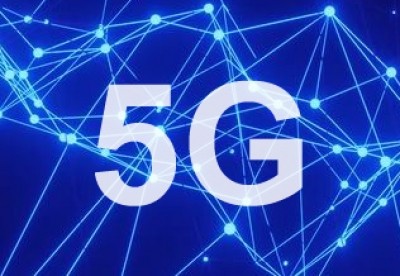
New Delhi, The connected car penetration surpassed that of non-connected cars for the first time ever globally, capturing almost 50.5 per cent share in the second quarter (Q2) this year.
5G-ready car sales surpassed half a million, though 4G accounted for 90 per cent of connected car sales.
According to Counterpoint Research, the US overtook China to lead the global connected car market and the top five automakers were Volkswagen, Toyota, GM, Stellantis and Hyundai.
The US, China and Europe accounted for nearly 80 per cent of connected car sales in the quarter.
"The US market trailed China in terms of connected car sales in the first quarter of this year. However, with the resurgence of Covid-19 and plant shutdowns in China from March onwards, the US overtook China," said senior analyst Soumen Mandal.
According to the report, automakers are focusing on using powerful on-board computers for next-generation connected mobility.
"4G cars still dominate the global connected car market, capturing 90 per cent of shipments in Q2 2022, whereas 5G cars accounted for around 7 per cent. Although 5G's share will continue to increase, 4G will see increased sales on a yearly basis until 2027," said Research Vice-President Peter Richardson.
Non-connected cars have been steadily declining as automakers prefer to upgrade their portfolio with factory-fitted embedded connectivity even in base model variants.
Luxury brands like BMW, Mercedes and Audi were the first to introduce connected cars with inbuilt Wi-Fi, even before the initial push towards connected vehicles came from government mandates like eCall.
According to the report, there are several factors hindering the proliferation of 5G for cars, such as high prices of 5G NAD/TCU, and patchy network coverage even where 5G has been launched which, in turn, means limited availability of 5G capable cars.
Furthermore, there is only nascent adoption of ADAS/AD levels. Currently, there are few Level 3 capable models and all use 4G.
"We expect that mass adoption of 5G connectivity will only occur after 2025, when most of these issues will have been resolved,a said Richardson.


.jpeg)

